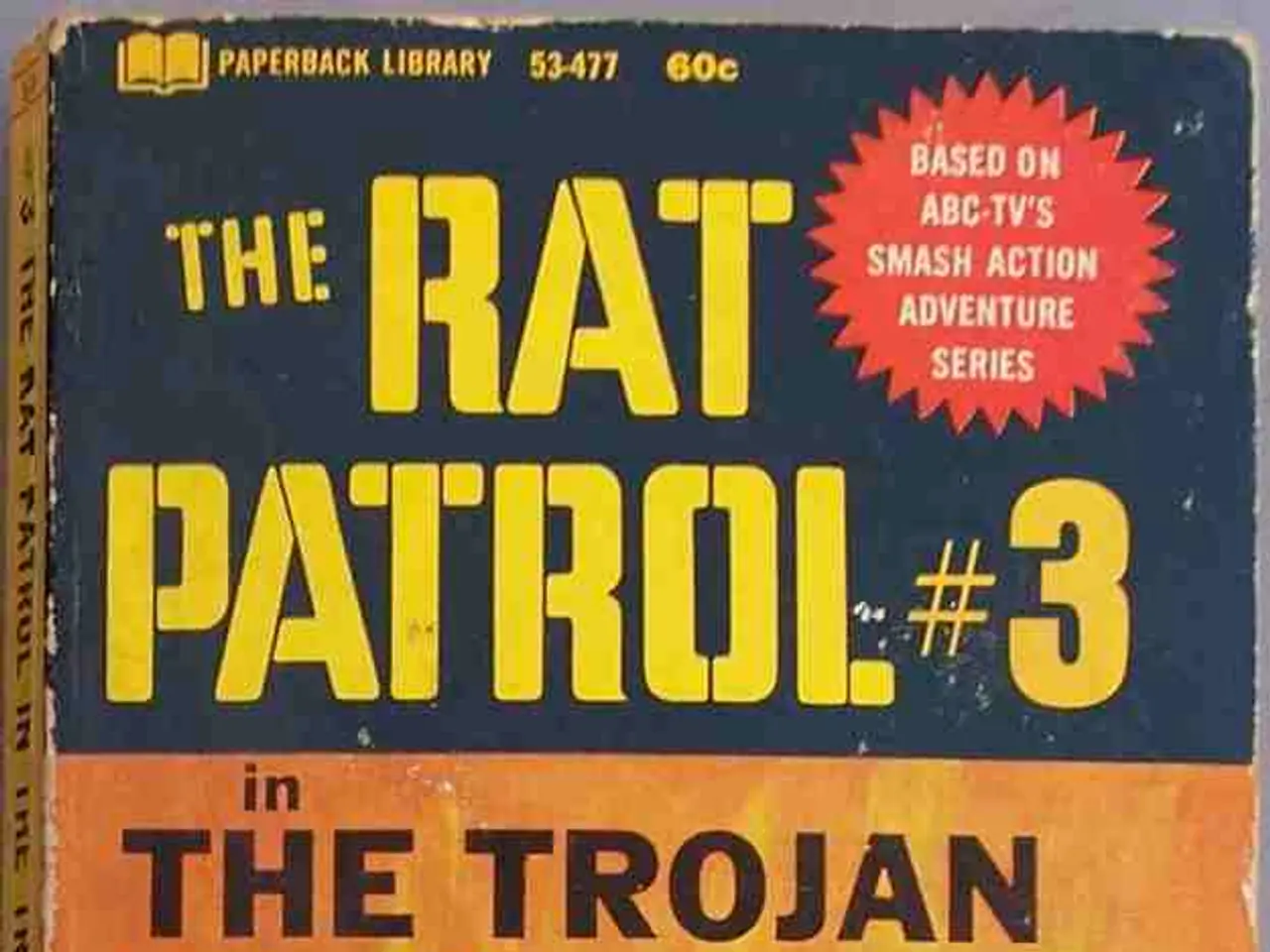Military Deploys Troops for Combat in Unprotected Chevy Trucks, With One Officer Predicting Disastrous Consequences
A U.S. Army National Guard officer with over 20 years of experience has voiced concerns about the Army's decision to convert Mobile Brigades into foot soldiers, using Chevrolet pickup trucks called Infantry Squad Vehicles (ISV). The officer believes that the ability of the Mobile Brigade Combat Team to be decisive in a maneuver fight is lacking with the introduction of the ISV. According to the officer, the vehicles near the frontline still require armor and an active protection system that shoots down incoming missiles and drones. The officer also argues that ISVs cannot outrun or outmaneuver a threat on the battlefield.
Moreover, the officer criticizes the design of the ISV, stating that it is unable to survive enemy fire, lacks capacity for basic supplies, and is pricier than existing alternatives. The officer suggests that there are already vehicles in the inventory that can accomplish the tasks intended for the ISV.
The officer's concerns are not limited to the vehicle's combat capabilities. They also express worries about the integration of ISVs with combat squads. Despite their non-combat role, ISVs are being attached directly to combat squads, which can lead to the loss of combat power or difficulties in evacuating casualties or resupplying troops on the line.
The officer's comments come as the Pentagon has canceled most ongoing armored vehicle procurement, including Joint Light Tactical Vehicles (JLTV), Humvees, and Stryker troop carriers, claiming that ISVs are the future.
However, the officer's concerns are not unfounded. Following initial ISV tests, the Pentagon's Department of Testing and Evaluation expressed concerns over high breakdown rates, poor long-range radio performance, uncomfortable seating, and lack of cybersecurity, accessible stowage, firepower, and protection.
Despite these challenges, the Army is pressing ahead with the ISV programme. Each infantry squad will receive an M1301 ISV based on Chevy's Colorado ZR2 Bison. The vehicles are praised for their fuel efficiency, air transportability, and ability to negotiate muddy or forested terrain.
The Army has also made efforts to address some of the officer's concerns. For example, Chevrolet is offering flatbed transport models, a weapons-turret variant, a command-and-control kit, and an electric-propulsion model for the ISV. The Army has also tested air defense lasers on ISVs.
However, the officer remains sceptical. They argue that the selection of Infantry Squad Vehicles reflects roots in the Special Operations Command and testing by elite airborne units, with little input from regular motorized and mechanized infantry experienced in large-scale conventional motorized operations.
The officer also expresses concerns about the ISV's survivability. They claim that the loss of just one ISV would overwhelm the capacity of a standard Battalion Aid Station. Furthermore, they assert that the ISV would not survive within the 30+ kilometer range of FPV kamikaze drones.
The officer also points out a practical issue with the ISV's design. They observe that the ISV cannot carry a stretcher without modification, unlike a Humvee.
In conclusion, while the Infantry Squad Vehicles offer advantages in terms of fuel efficiency and mobility, concerns about their combat capabilities, survivability, and integration with combat squads persist. These concerns need to be addressed to ensure the safety and effectiveness of our troops on the battlefield.
Read also:
- United States tariffs pose a threat to India, necessitating the recruitment of adept negotiators or strategists, similar to those who had influenced Trump's decisions.
- Weekly happenings in the German Federal Parliament (Bundestag)
- Southwest region's most popular posts, accompanied by an inquiry:
- Discussion between Putin and Trump in Alaska could potentially overshadow Ukraine's concerns








